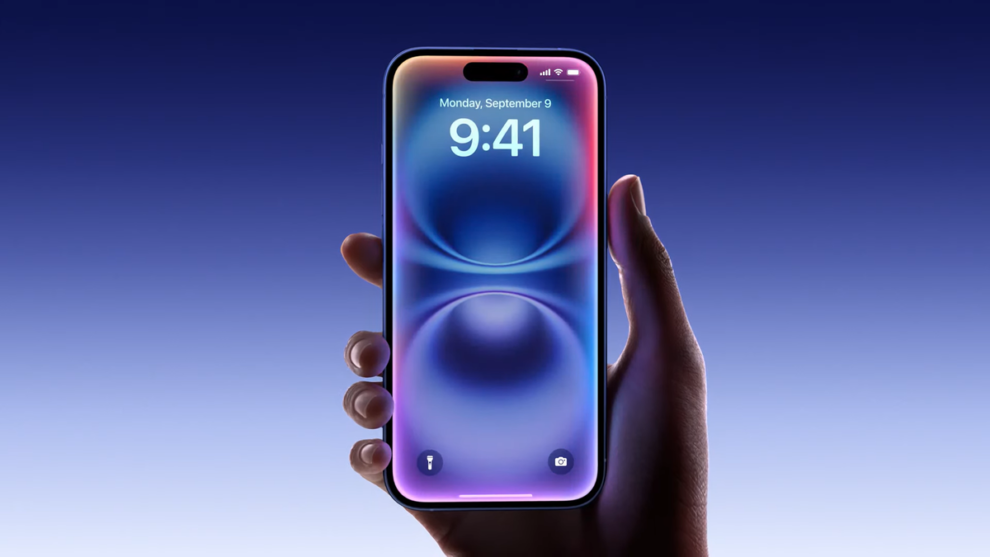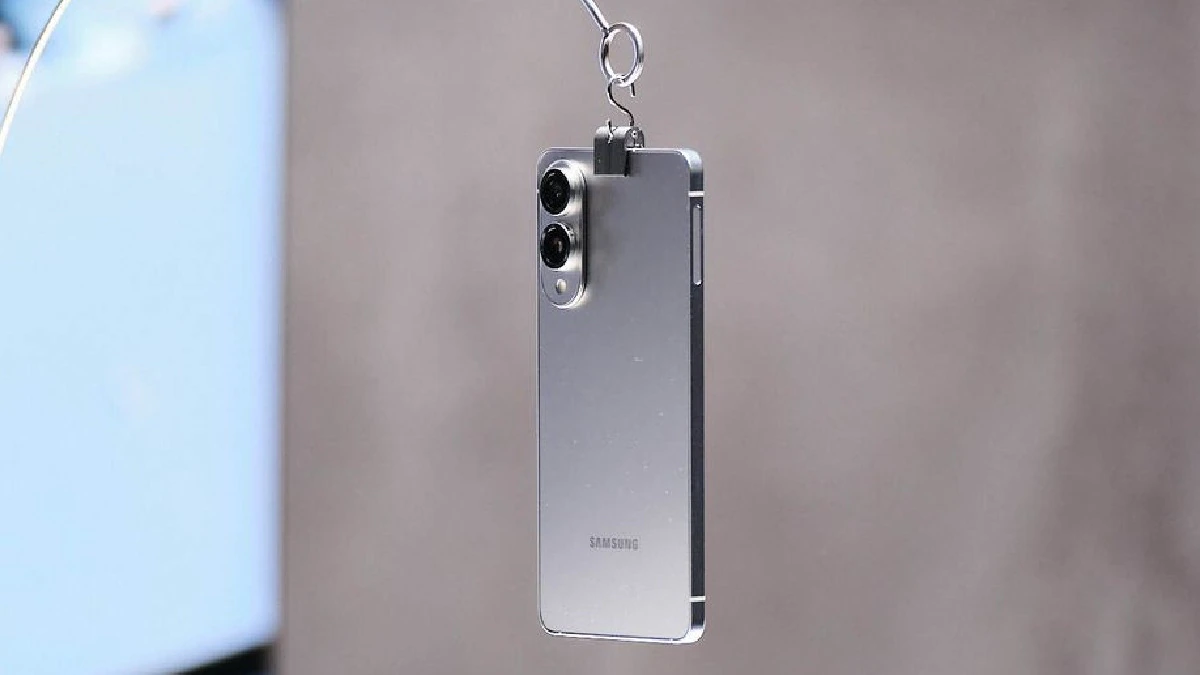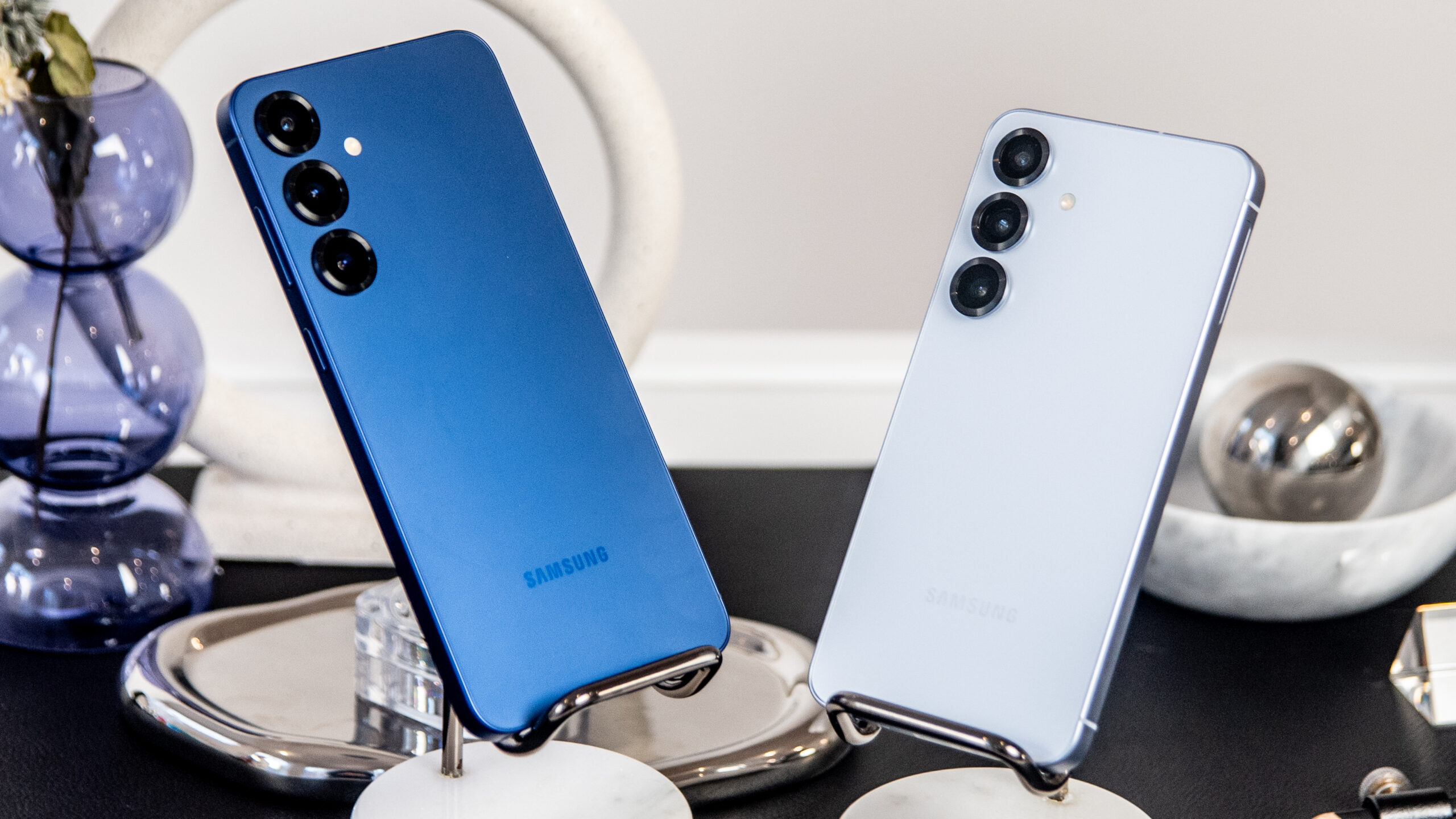The most recent update to Apple’s iOS has brought a host of new features and improvements that aim to enhance user experience. However, amidst these advancements, there is one particular feature that has sparked considerable debate among users. Known for its potential privacy implications, this feature, while designed to improve functionality, may be something you’ll want to consider disabling as soon as possible.
The feature in question is the new “Live Listen” tool that was included in the latest iOS update. Originally developed to assist users with hearing impairments, the tool uses the iPhone’s microphone to capture high-quality audio and transmit it directly to the user’s AirPods. This allows users to hear conversations in noisy environments or listen in from a distance.
This feature became available as part of iOS’s latest major update, which was rolled out globally this month. It is accessible to all users who have updated their devices to the latest version and own a pair of compatible AirPods.
While “Live Listen” is touted for its benefits to those with hearing difficulties, it raises significant privacy concerns. The ability to discreetly listen to conversations can easily be misused, leading to potential eavesdropping without the knowledge of those being monitored. This has led to a wave of concern across various online platforms, where users are discussing the ethical implications of such a feature.
Detailed Overview of the Feature
Understanding the Functionality “Live Listen” turns the iPhone into a powerful microphone, picking up sound and transmitting it to AirPods in real-time. This can be activated through the Control Center once it is added to the list of available controls through the Settings menu.
User Experiences and Concerns On platforms like Reddit and Quora, users have shared mixed reviews about “Live Listen.” Many appreciate the clarity and range it offers, especially in challenging listening environments. However, the majority express anxiety over privacy risks, fearing that their conversations could be overheard without consent. Personal anecdotes shared online reveal instances where the feature has been used in less than ethical ways, highlighting the need for strict personal guidelines and possibly even reconsideration of its inclusion in updates.
Technical Specifications and Limitations The feature works within a standard range of approximately 50 feet, beyond which the quality of audio begins to degrade. It supports all AirPods models but is most effective with the latest generation, which is designed to handle high-definition sound.
User Guidelines and Safety Measures
How to Safely Use “Live Listen” To use this feature responsibly, it is crucial to ensure that all parties being recorded or monitored are aware of and consent to it. Transparency is key to ethical use.
Disabling the Feature For those concerned about privacy or potential misuse, disabling “Live Listen” is straightforward. Users can remove it from their Control Center settings or disable microphone access for specific apps in the privacy settings.
Expert Opinions and Future Outlook
Industry Feedback Tech experts and privacy advocates have voiced their opinions on “Live Listen,” calling for Apple to implement stricter controls or clearer usage guidelines. Some suggest that features with such significant privacy implications should not be so easily accessible.
Future Updates Apple has not yet responded to the backlash but historically, the company has been quick to address user concerns in subsequent updates. The future of “Live Listen” may include more robust privacy protections or an entirely rethought deployment strategy.
While the latest iPhone update brings exciting new functionality with “Live Listen,” it also introduces challenges that need careful consideration. Users must weigh the benefits against the privacy risks and decide for themselves whether to keep this feature active. As we continue to integrate technology more deeply into our daily lives, it remains crucial to stay informed and vigilant about how these tools are used — and the potential consequences of their misuse.
Source.









Add Comment